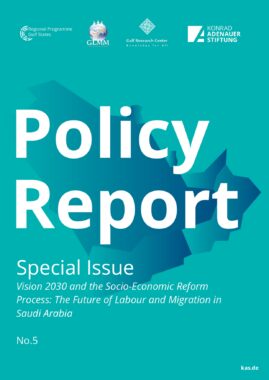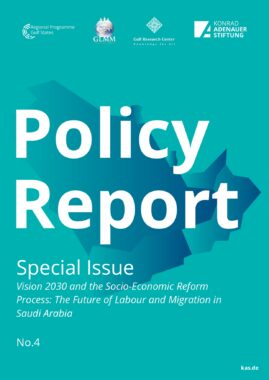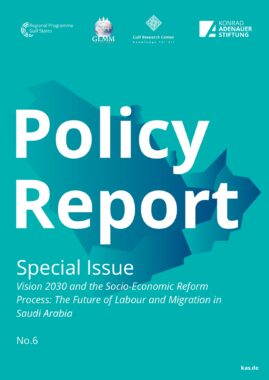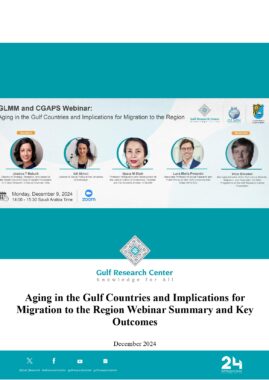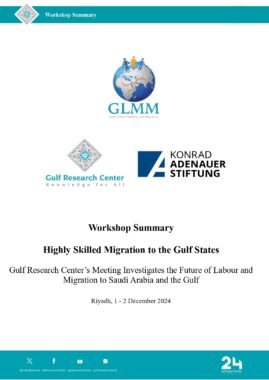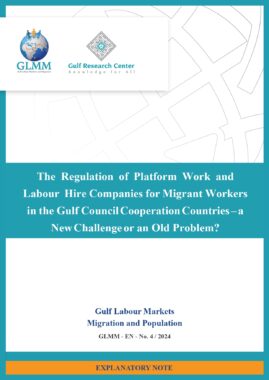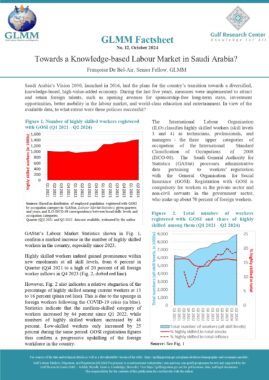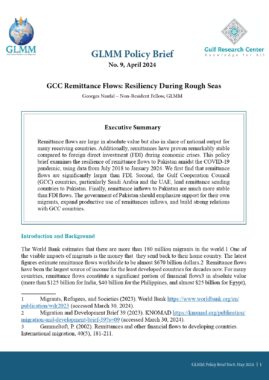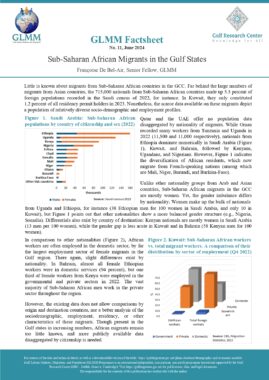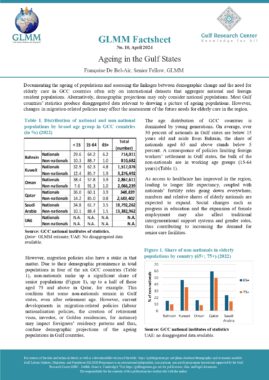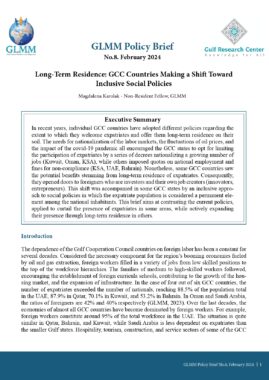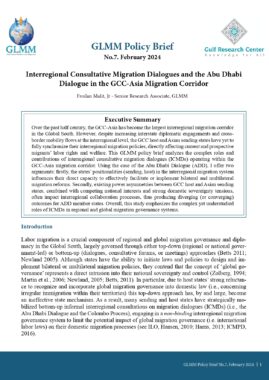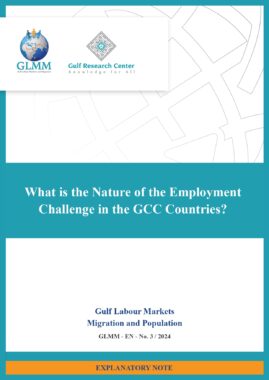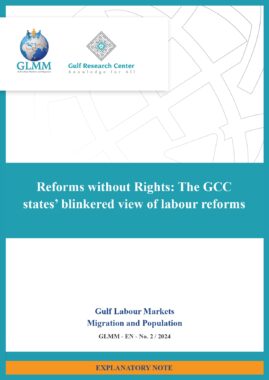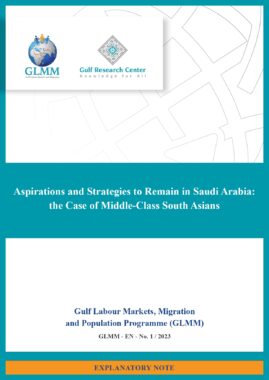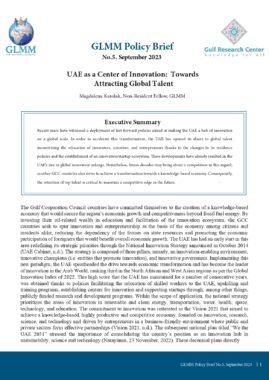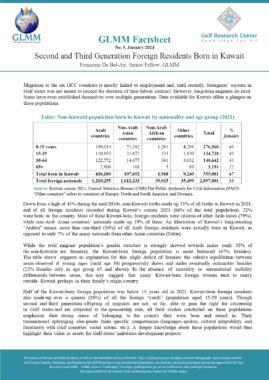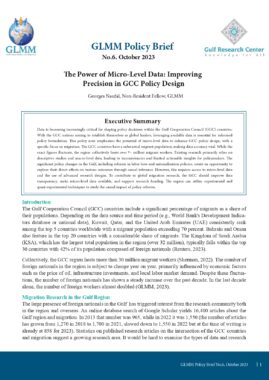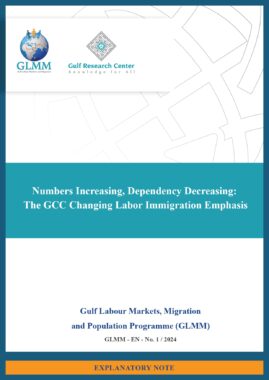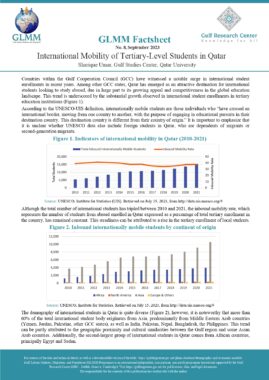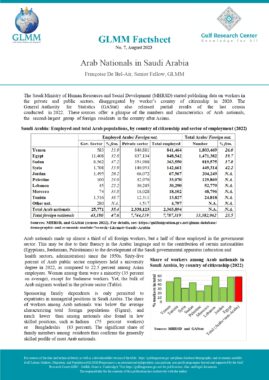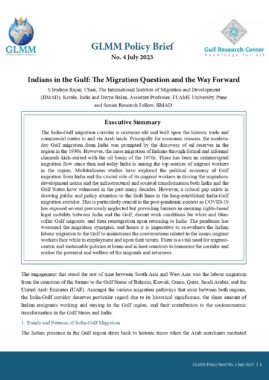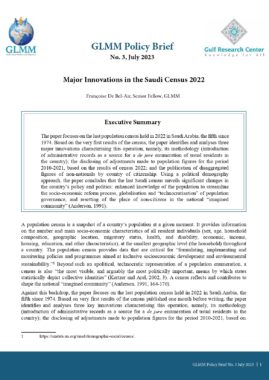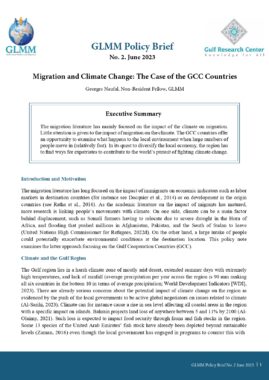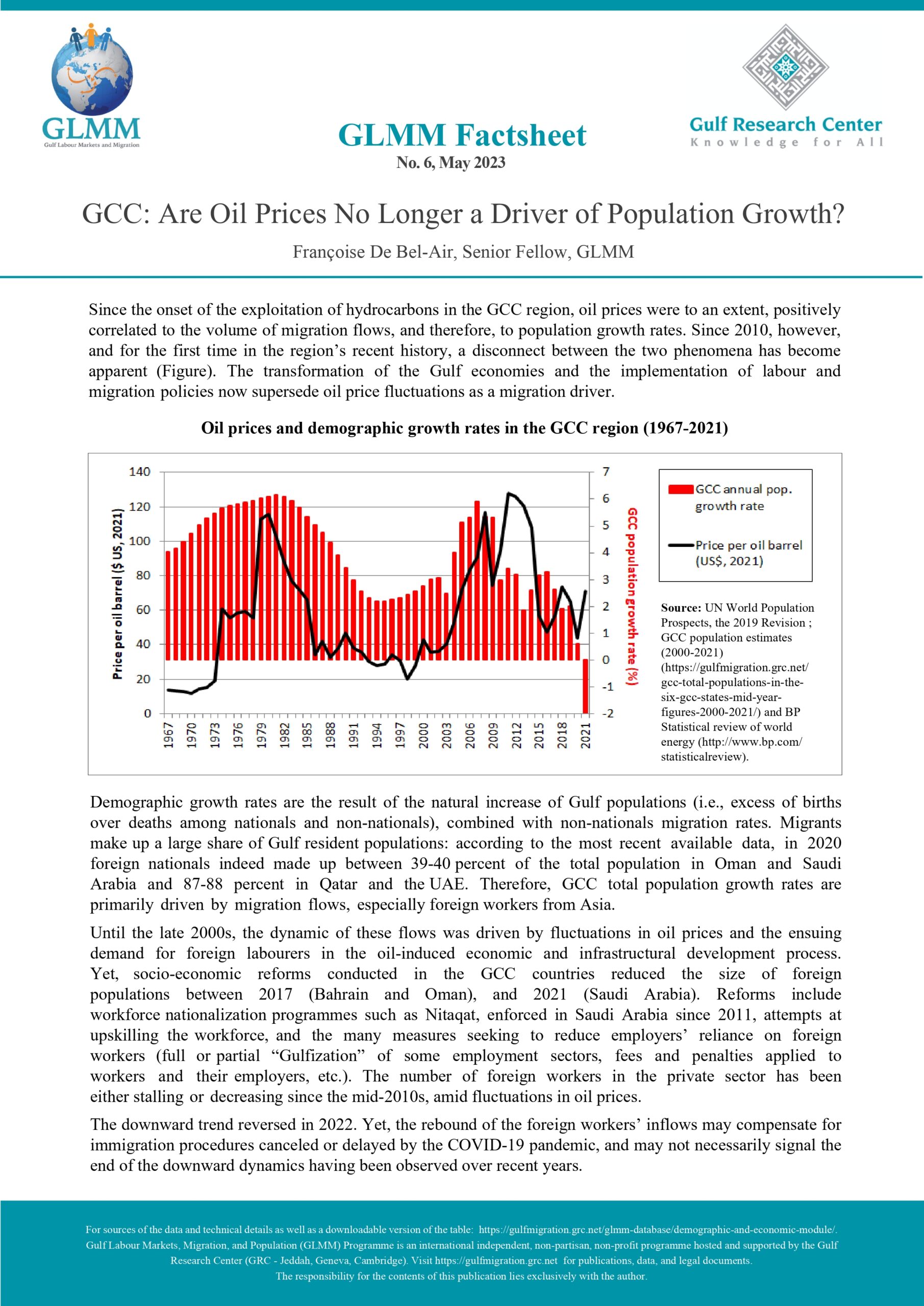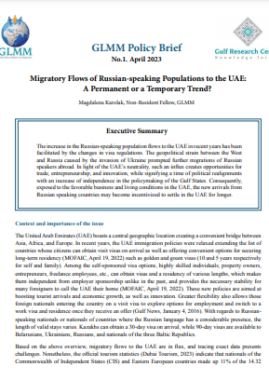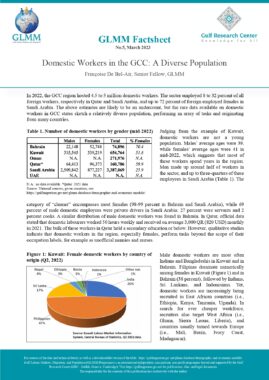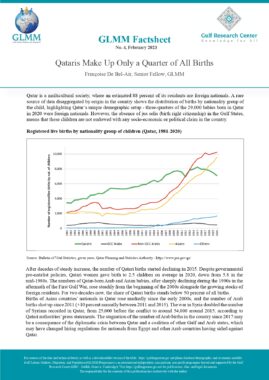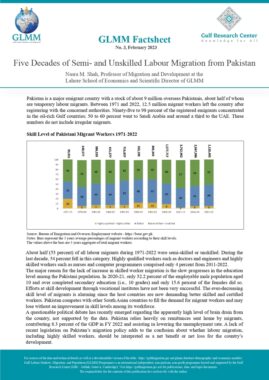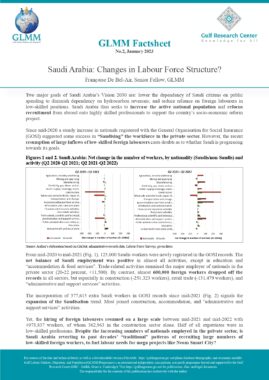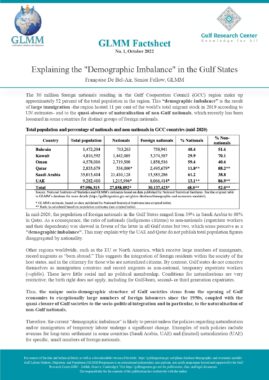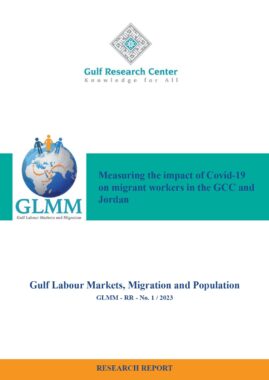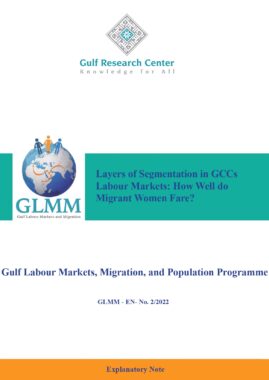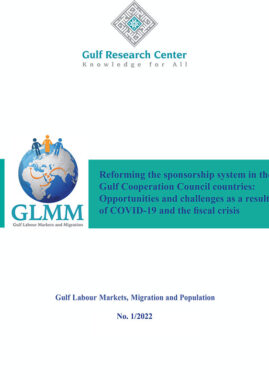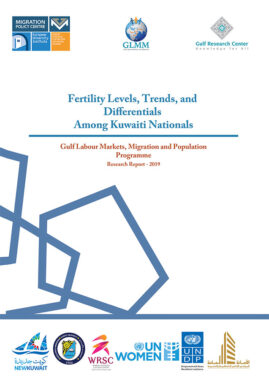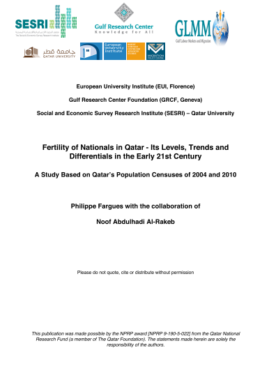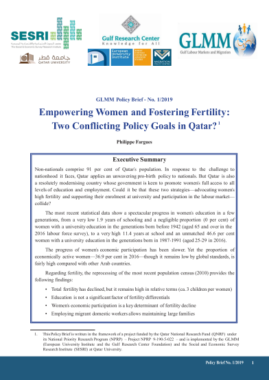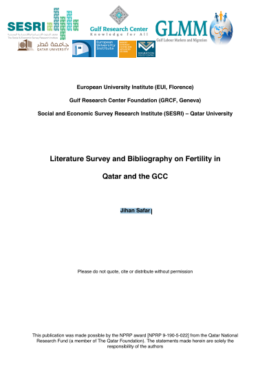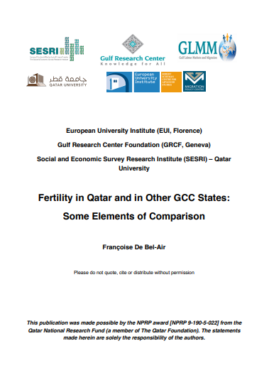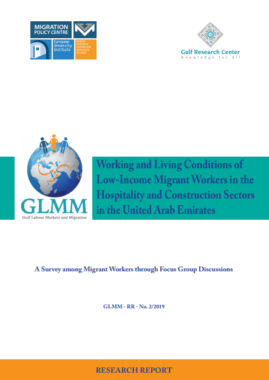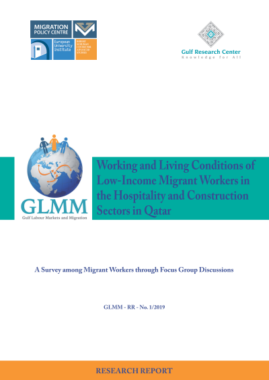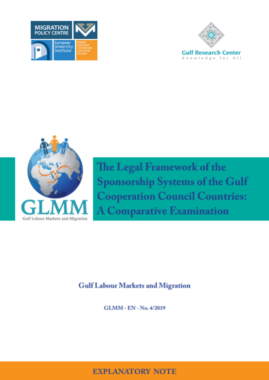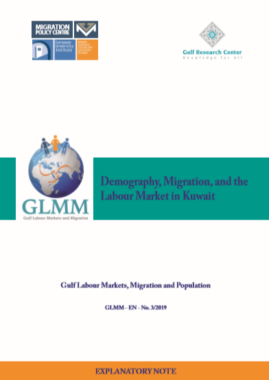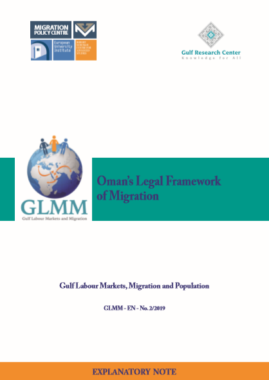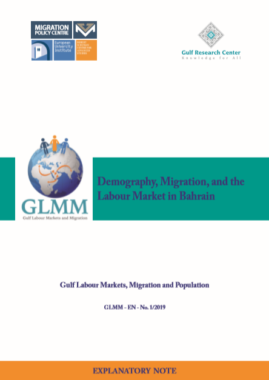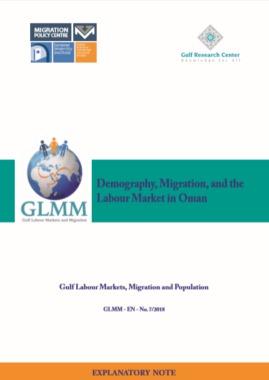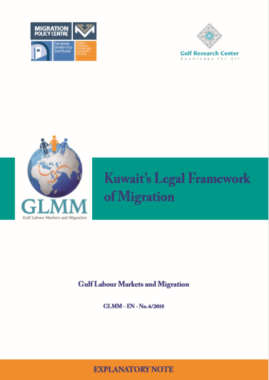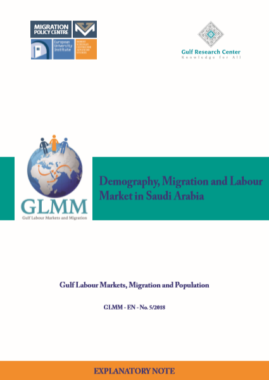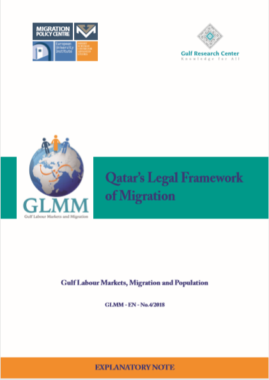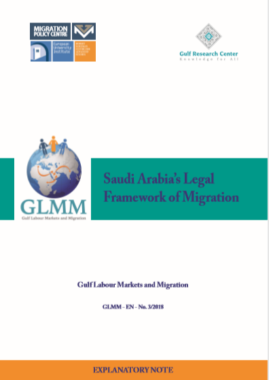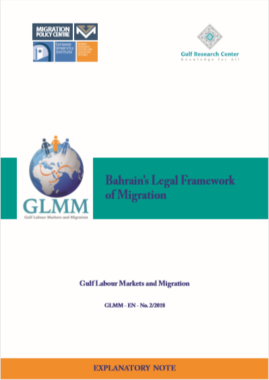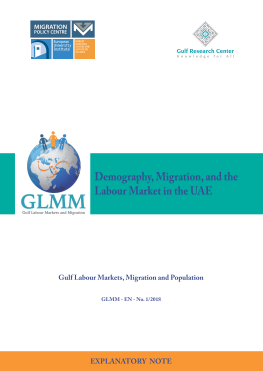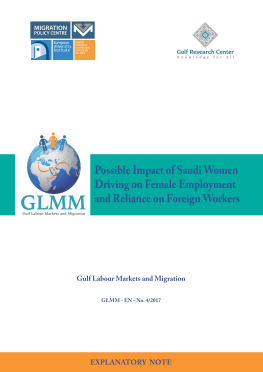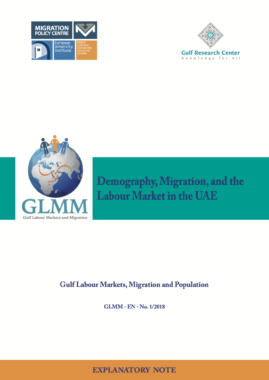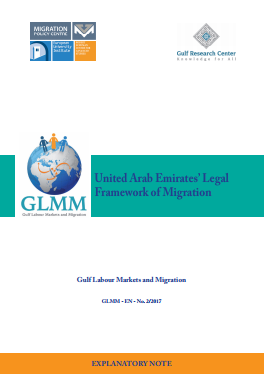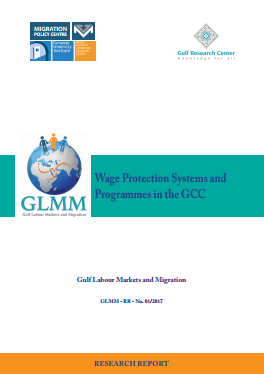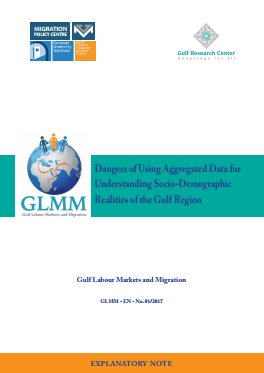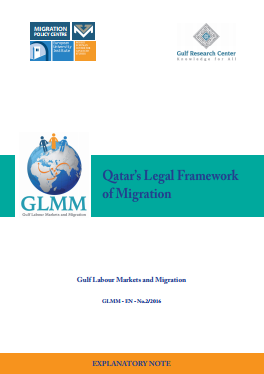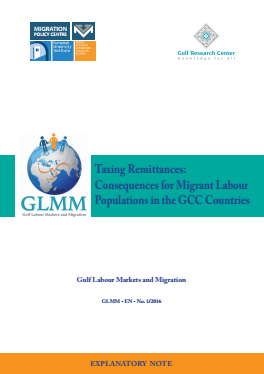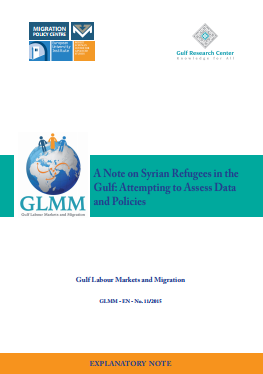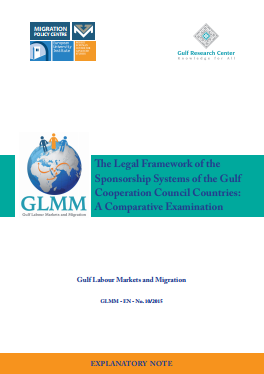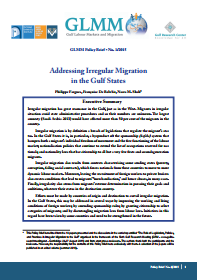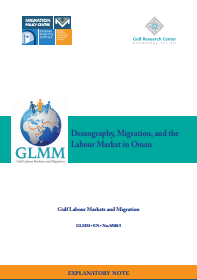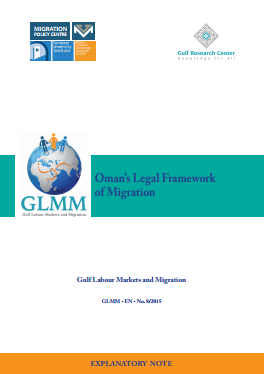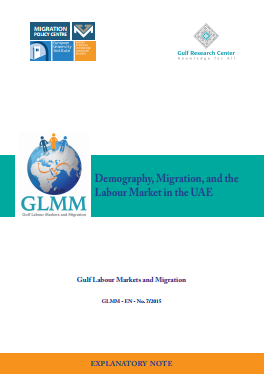Saudi Arabia: Employed population by nationality (Saudi /non-Saudi) and sex (Q1 2017-Q1 2024)
|
|
Saudis |
Non-Saudis |
Total |
||||||
|
Males |
Females |
Total |
Males |
Females |
Total |
Males |
Females |
Total |
|
|
2017 Q1 |
2,021,865 |
1,017,080 |
3,038,945 |
9,859,039 |
991,153 |
10,850,192 |
11,880,904 |
2,008,233 |
13,889,137 |
|
2017 Q2 |
2,029,786 |
1,022,663 |
3,052,449 |
9,777,916 |
1,010,793 |
10,788,709 |
11,807,702 |
2,033,456 |
13,841,158 |
|
2017 Q3 |
2,035,745 |
1,027,999 |
3,063,744 |
9,674,729 |
1,019,591 |
10,694,320 |
11,710,474 |
2,047,590 |
13,758,064 |
|
2017 Q4 |
2,080,601 |
1,083,245 |
3,163,846 |
9,442,163 |
975,132 |
10,417,295 |
11,522,764 |
2,058,377 |
13,581,141 |
|
2018 Q1 |
2,067,976 |
1,082,433 |
3,150,409 |
9,231,869 |
951,235 |
10,183,104 |
11,299,845 |
2,033,668 |
13,333,513 |
|
2018 Q2 |
2,053,189 |
1,072,154 |
3,125,343 |
8,927,862 |
964,861 |
9,892,723 |
10,981,051 |
2,037,015 |
13,018,066 |
|
2018 Q3 |
2,043,585 |
1,066,402 |
3,109,987 |
8,622,890 |
955,165 |
9,578,055 |
10,666,475 |
2,021,567 |
12,688,042 |
|
2018 Q4 |
2,040,742 |
1,070,457 |
3,111,199 |
8,356,943 |
1,072,476 |
9,429,419 |
10,397,685 |
2,142,933 |
12,540,618 |
|
2019 Q1 |
2,036,142 |
1,075,887 |
3,112,029 |
8,458,199 |
1,195,013 |
9,653,212 |
10,494,341 |
2,270,900 |
12,765,241 |
|
2019 Q2 |
2,027,964 |
1,062,284 |
3,090,248 |
8,529,419 |
1,237,365 |
9,766,784 |
10,557,383 |
2,299,649 |
12,857,032 |
|
2019 Q3 |
2,023,910 |
1,076,902 |
3,100,812 |
8,572,339 |
1,254,757 |
9,827,096 |
10,596,249 |
2,331,659 |
12,927,908 |
|
2019 Q4 |
2,054,858 |
1,115,414 |
3,170,272 |
8,792,516 |
1,428,187 |
10,220,703 |
10,847,374 |
2,543,601 |
13,390,975 |
|
2020 Q1 |
2,066,553 |
1,136,870 |
3,203,423 |
9,092,998 |
1,339,191 |
10,432,189 |
11,159,551 |
2,476,061 |
13,635,612 |
|
2020 Q2 |
2,055,767 |
1,115,655 |
3,171,422 |
9,101,286 |
1,357,746 |
10,459,032 |
11,157,053 |
2,473,401 |
13,630,454 |
|
2020 Q3 |
2,100,702 |
1,152,574 |
3,253,276 |
8,866,940 |
1,334,922 |
10,201,862 |
10,967,642 |
2,487,496 |
13,455,138 |
|
2020 Q4 |
2,079,331 |
1,172,867 |
3,252,198 |
8,753,985 |
1,312,515 |
10,066,500 |
10,833,316 |
2,485,382 |
13,318,698 |
|
2021 Q1 |
2,081,446 |
1,225,152 |
3,306,598 |
8,773,896 |
1,403,319 |
10,177,215 |
10,855,342 |
2,628,471 |
13,483,813 |
|
2021 Q2 |
2,098,831 |
1,181,183 |
3,280,014 |
8,449,536 |
1,170,338 |
9,619,874 |
10,548,367 |
2,351,521 |
12,899,888 |
|
2021 Q3 |
2,127,551 |
1,215,287 |
3,342,838 |
8,244,566 |
1,118,241 |
9,362,807 |
10,372,117 |
2,333,528 |
12,705,645 |
|
2021 Q4 |
2,180,320 |
1,269,737 |
3,450,057 |
8,481,117 |
1,114,064 |
9,595,181 |
10,661,437 |
2,383,801 |
13,045,238 |
|
2022 Q1 |
2,233,351 |
1,338,525 |
3,571,876 |
8,971,450 |
1,187,323 |
10,158,773 |
11,204,801 |
2,525,848 |
13,730,649 |
|
2022 Q2 |
2,262,535 |
1,375,609 |
3,638,144 |
9,320,979 |
1,210,640 |
10,531,619 |
11,583,514 |
2,586,249 |
14,169,763 |
|
2022 Q3 |
2,274,628 |
1,417,858 |
3,692,486 |
9,593,551 |
1,304,906 |
10,898,457 |
11,868,179 |
2,722,764 |
14,590,943 |
|
2022 Q4 |
2,300,070 |
1,470,561 |
3,770,631 |
9,672,933 |
1,314,794 |
10,987,727 |
11,973,003 |
2,785,355 |
14,758,358 |
|
2023 Q1 |
2,354,750 |
1,515,731 |
3,870,481 |
10,137,453 |
1,355,438 |
11,492,891 |
12,492,203 |
2,871,169 |
15,363,372 |
|
2023 Q2 |
2,338,735 |
1,518,362 |
3,857,097 |
10,202,131 |
1,395,840 |
11,597,971 |
12,540,866 |
2,914,202 |
15,455,068 |
|
2023 Q3 |
2,357,785 |
1,563,536 |
3,921,321 |
10,461,593 |
1,435,240 |
11,896,833 |
12,819,378 |
2,998,776 |
15,818,154 |
|
2023 Q4 |
2,333,023 |
1,582,224 |
3,915,247 |
10,482,543 |
1,489,714 |
11,972,257 |
12,815,566 |
3,071,938 |
15,887,504 |
|
2024 Q1 |
2,338,857 |
1,599,711 |
3,938,568 |
10,985,203 |
1,592,431 |
12,577,634 |
13,324,060 |
3,192,142 |
16,516,202 |
Source: Register-based Labour Market Statistics, General Authority for Statistics (GAStat)
1. Data collection methodology
LFS were first conducted in 2001 and became bi-annual after 2006. Data were collected through nationally representative household sample surveys, which sampling was based on most recent censuses. Since 2016, Labour Force Surveys have been conducted and published on a quarterly basis, based on a household telephone survey conducted by GAStat. Employment data extracted from administrative records were also introduced as a complement to the results of Labour Force Surveys in Labour Market Statistics publications, starting on Q1 2017.
The present data is taken from administrative records.
GAStat Labour Market Statistics: administrative records
Estimates of figures and characteristics of employment in Saudi Arabia are taken from administrative records from the following institutions:
– Ministry of Human Resources and Social Development (MHRSD)
(formerly Ministry of Labour and Social Development):
Supplies data on:
Employees on the job Subject to the rules and regulations of the Civil Service
– General Organization of Social Insurance (GOSI):
Supplies data on:
a. contributors on the job who are subject to social insurance laws and regulations in the private
and government sector;
b. new contributors, and contributors who terminated their contribution to social insurance during the quarter.
– National Information Center (NIC):
Supplies data on domestic workers (data owner: MHRSD).
Figures of workers in Labor Market Statistics which were derived from administrative records do not include the following categories:
-
Workers in the military and security sectors
-
Workers who are not registered in the civil service, social insurance (GOSI) and domestic workers’ records, which include:
– Saudis working for their own businesses and are not subjected to the labor regulations, also, not registered in social insurance, such as those who work in delivery through electronic apps
– Saudi employers who work in establishments and not registered in the social insurance
– Non-Saudi staff working in foreign international, political or military missions
3- Non-Saudi employees who come to the Kingdom for work that normally takes less than three months to be completed.
Definitions and categories used by GAStat in Labour Markets Statistics (employment; unemployment; occupation and activity sectors, etc.) are based on international standards:
For LFS methodology and definitions, see:
https://www.stats.gov.sa/en/node/9787
https://www.stats.gov.sa/en/node/9787
2. Institution which provides data
General Authority for Statistics (GAStat)
3. Data availability
Since 2021, GAStat has been publishing separately the employment data taken from administrative records, and unemployment/inactivity data as well as general indicators, calculated from the results of the field interviews conducted by GAStat (Labour Force Survey).
The present time-series was taken from the Register-based Labour Market Statistics– Q4, 2022
(English and Arabic versions)
https://www.stats.gov.sa/sites/default/files/LMS_2022_Q4_EN_1.xlsx
https://www.stats.gov.sa/sites/default/files/LMS_2022_Q4_AR_1.xlsx
and from relevant quarterly Register-based Labour Market Statistics reports for 2023 and 2024, accessible from:
https://www.stats.gov.sa/en/814
https://www.stats.gov.sa/ar/814
Date of access: 02 September 2024.
Keywords: Employment, Female Employment, Saudi Arabia, National & Foreign Labour
GLMM and GRC cannot guarantee that the link to access the source will not change; that the information will not be removed from the website it was obtained from; that no geo-blockages will be imposed; or that the information will not be available for any another reason.
Similar Posts:
- Saudi Arabia: Employed population by nationality (Saudi / non-Saudi) and sex (Q1 2017 – Q3 2021)
- Saudi Arabia: Saudi employed population by occupation category (Q1 2021-Q2 2024)
- Saudi Arabia: Non-Saudi employed population by occupation category (Q1 2021-Q2 2024)
- Saudi Arabia: Employed population by nationality (Saudi /non-Saudi) and sex (Q1 2017-Q3 2023)
- Saudi Arabia: Employed population by nationality (Saudi /non-Saudi) and sex (Q1 2017-Q3 2024)
Tags: Employment, Female Employment, National and Foreign Labour, Saudi Arabia
